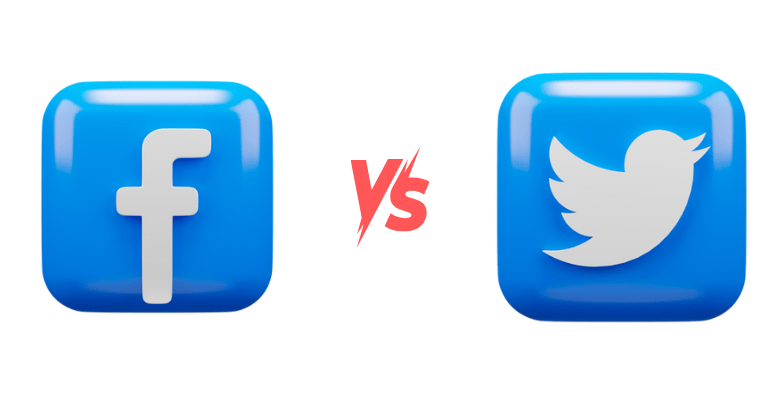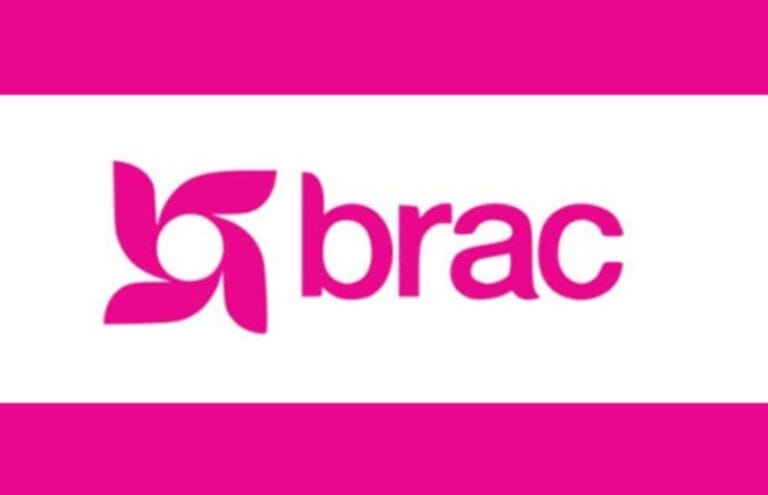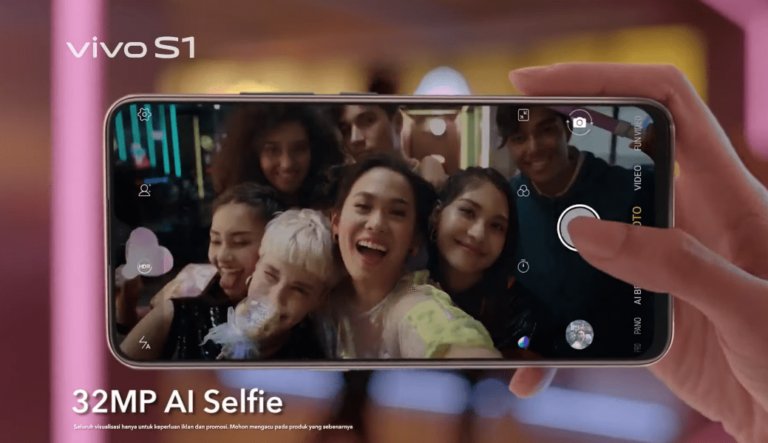
Social media is a great way to spend or waste our time. We are going to talk about the features of two of the popular social media Facebook and Twitter. So we can know which one is better to waste or spend our time.
In today’s digital age, social media platforms have become an integral part of our daily lives. Among them, Facebook and Twitter stand out as two of the most popular and influential platforms.
Both have their unique features, strengths, and user experiences. In this article, we will delve into a comparative analysis of these two giants, highlighting the features that make each platform distinctive.
What is Facebook
Facebook is a social media platform and technology company founded by Mark Zuckerberg, along with his college roommates Eduardo Saverin, Andrew McCollum, Dustin Moskovitz, and Chris Hughes.
The platform was launched on February 4, 2004, initially as a college networking site for Harvard University students. It quickly expanded to other universities and eventually opened up to the general public.
Over the years, Facebook has grown exponentially, acquiring other platforms like Instagram, WhatsApp, and Oculus VR. This is one of the world’s leading social media platforms, with billions of monthly active users globally.
The company has also faced its share of controversies, especially concerning user privacy and data handling.
What is Twitter (X)
Twitter, the influential microblogging platform, was founded in March 2006 by Jack Dorsey, Noah Glass, Biz Stone, and Evan Williams. It allows users to post tweets, and short messages limited to 280 characters, making it a hub for real-time updates and news.
By 2019, the platform had amassed over 330 million active users. A significant shift occurred in 2022 when Elon Musk acquired Twitter for $44 billion.
Under his leadership in 2023, Twitter introduced “Twitter Blue,” a paid subscription with enhanced features, and underwent significant organizational changes. Despite its successes, the platform faces challenges, including disinformation and data security concerns.
Facebook vs. Twitter
Now I will go in-depth on the features of these two platforms. We will compare these platforms based on,
- User Interface and Experience
- Engagement and Interaction
- Content Diversity
- Privacy and Customization
- Business and Advertising
Now let’s go in-depth and compare all the features of these two platforms.
1. User Interface and Experience
Facebook:
- Profile Centric: Facebook is primarily profile-centric, where users create detailed profiles, including photos, personal information, and more.
- News Feed: The main page showcases a news feed, displaying posts from friends, pages followed, and sponsored content.
- Stories: A feature that allows users to post photos and short videos that disappear after 24 hours.
Twitter:
- Brevity is Key: Twitter is known for its concise content, with a 280-character limit for tweets.
- Timeline: Users see a timeline of tweets from accounts they follow, interspersed with promoted content.
- Trending Topics: A real-time feature that shows what topics are currently trending globally or in a specific region.
2. Engagement and Interaction
Facebook:
- Reactions: Users can react to posts using various emoticons, including like, love, and angry.
- Comments and Shares: Allows for detailed discussions under posts and the ability to share content.
Twitter:
- Retweets and Likes: Users can retweet content to their followers or like tweets.
- Mentions and Hashtags: Engage with other users by mentioning their handles or using hashtags to categorize content.
3. Content Diversity
Facebook:
- Varied Content: Supports text, images, videos, live streaming, and more.
- Groups and Pages: Users can join groups of interest or follow pages for regular updates.
Twitter:
- Quick Updates: Ideal for real-time updates, news, and quick bites of information.
- Threads: Users can create a series of connected tweets to share more detailed content.
4. Privacy and Customization
Facebook:
- Detailed Privacy Settings: Users can customize who sees their content, from public visibility to only specific friends.
- Friend Lists: Allows categorization of friends and sharing content with specific lists.
Twitter:
- Public by Default: Most profiles and tweets are public, but users can opt for a protected account where only approved followers can see tweets.
5. Business and Advertising
Facebook:
- Business Pages: Brands can create dedicated pages, post content, and engage with their audience.
- Ad Platform: A robust advertising platform with detailed targeting options.
Twitter:
- Promoted Tweets: Brands can promote specific tweets to reach a larger audience.
- Twitter Analytics: Provides insights into tweet performance and audience demographics.
FAQ
Answering all the questions related to these platforms is kind of impossible. But answering some of the most asked questions is possible. So here are the answers,
- What is the primary difference between Facebook and Twitter?
- While both are social media platforms, Facebook is more profile-centric with detailed user profiles, whereas Twitter is concise and real-time, focusing on quick updates and news.
- Which platform is better for real-time news and updates?
- Twitter is generally considered superior for real-time news and trending topics.
- How do the character limits differ between the two platforms?
- Facebook allows longer posts, while Twitter has a 280-character limit for tweets.
- Which platform is more suitable for businesses and advertising?
- Both platforms offer robust advertising options, but Facebook provides more detailed targeting with its ad platform, while Twitter offers promoted tweets.
- How do privacy settings compare between Facebook and Twitter?
- Facebook offers detailed privacy settings, allowing users to customize content visibility. In contrast, Twitter profiles are public by default, though users can opt for protected accounts.
- Can I share videos and images on both platforms?
- Yes, both Facebook and Twitter support multimedia content, including images, videos, and GIFs.
- Which platform is more popular globally?
- As of the last update, Facebook has a larger user base globally, but Twitter is popular in many regions, especially for news and public figures.
- How do interactions like likes and comments differ between the platforms?
- Facebook offers reactions (like, love, angry) and allows comments and shares. Twitter uses likes (hearts) and retweets for interactions.
- Can I create groups or communities on both platforms?
- Facebook is known for its Groups feature, allowing users to create and join communities. Twitter doesn’t have a direct equivalent, but users often form communities around hashtags or specific topics.
- Which platform is better for influencers or public figures?
- Both platforms are popular among influencers. While Facebook offers Pages for public figures, Twitter’s real-time nature makes it a favorite for many celebrities and influencers for quick updates and interactions.
Both Facebook and Twitter offer unique features and experiences. While Facebook provides a more personal and detailed user profile with varied content types, Twitter thrives on real-time updates and concise content. The choice between the two often depends on individual preferences and the specific needs of users or businesses.






